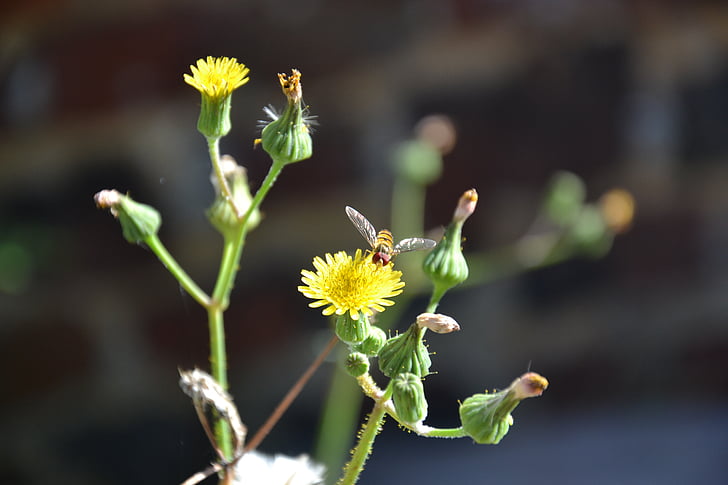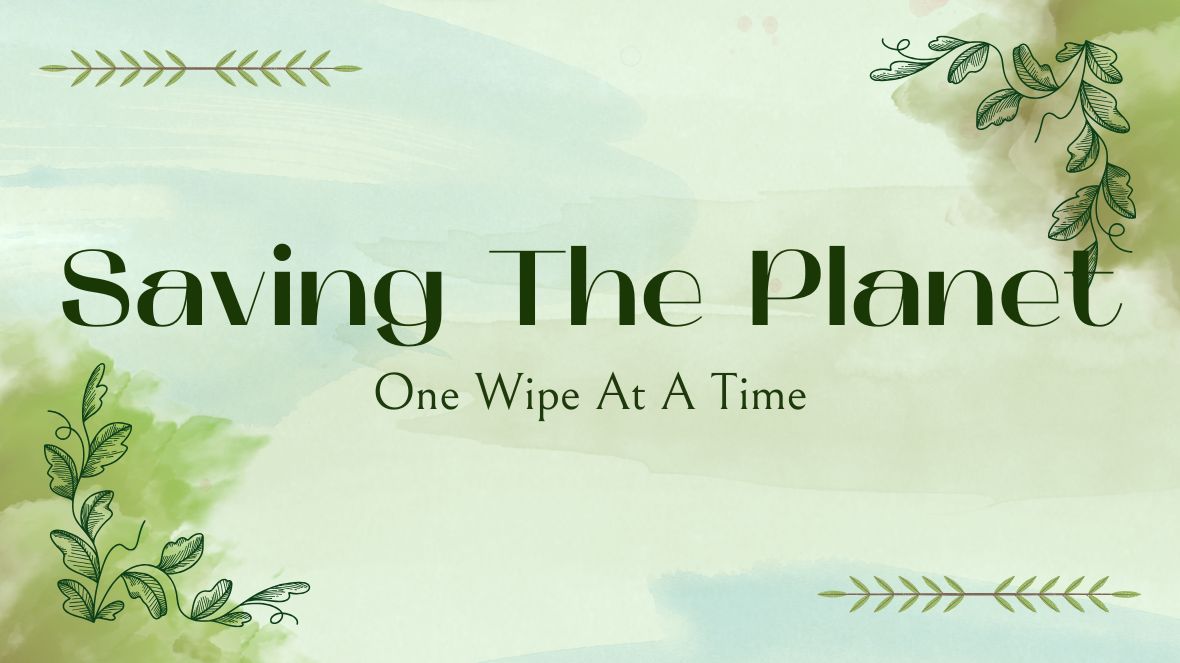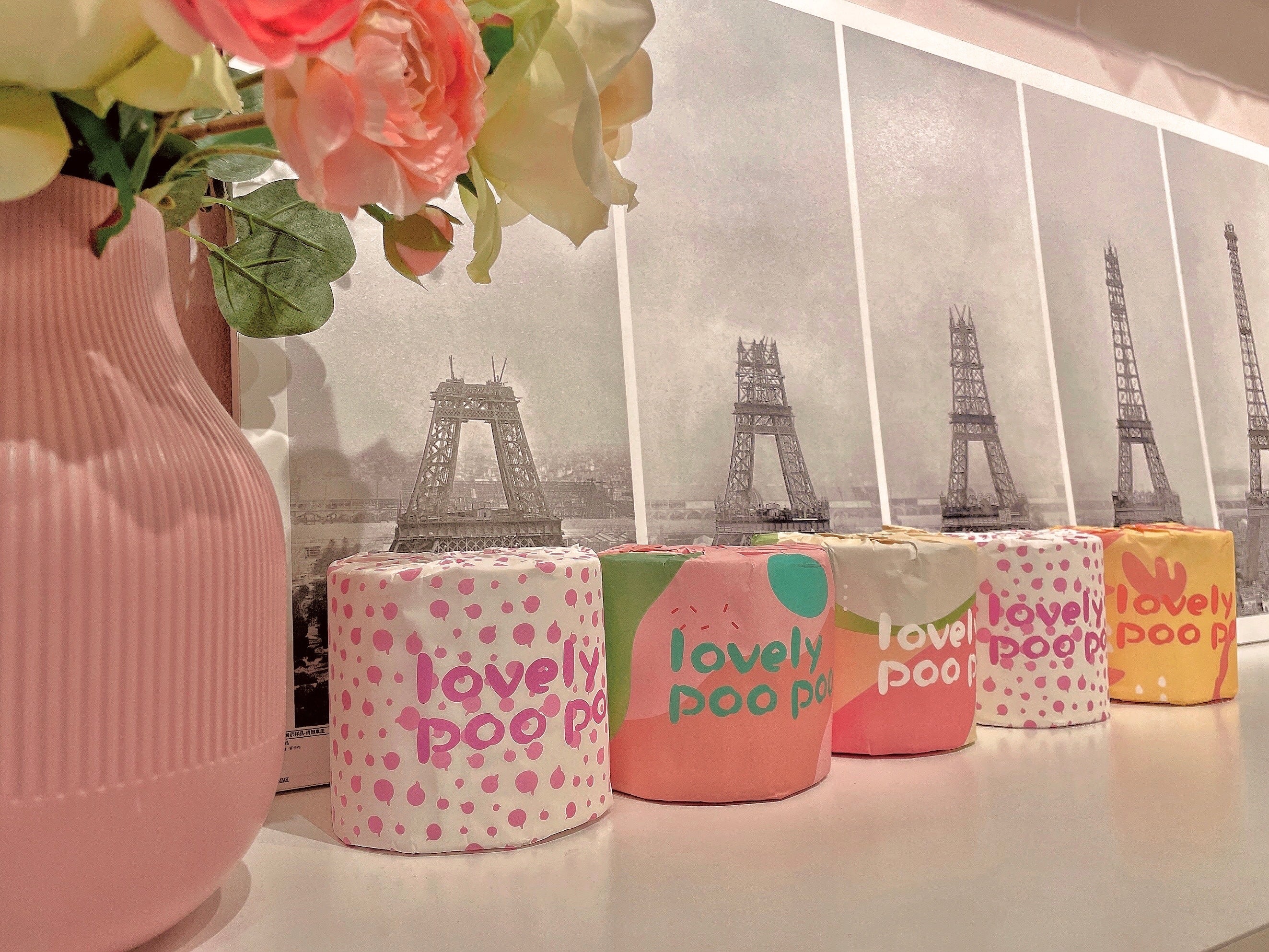In the realm of eco-conscious choices, even our bathroom essentials play a crucial role in shaping a sustainable future. At Lovely Poo Poo, we believe in providing more than just a product; we offer a green alternative with Bamboo Toilet Papers. In this blog, we unravel the eco-friendly secret behind bamboo toilet paper and why it stands out as a septic-safe choice. Join us on this journey as we explore the unique characteristics that make bamboo toilet papers environmentally friendly and septic safe.
Understanding Septic Systems: The Basics
Before delving into the specific advantages of bamboo toilet papers for septic systems, let's understand the basics of septic systems:
- Septic Tank: A septic tank is an underground chamber that treats wastewater from your home. Solid waste settles at the bottom, and liquid effluent flows into the drain field.
- Drain Field: The drain field is a network of perforated pipes that distribute the treated liquid effluent into the soil, allowing further natural treatment.
Why Bamboo Toilet Papers Are Septic Safe: The Eco-Friendly Breakdown
- Biodegradability: A Natural Advantage
- Rapid Decomposition: Bamboo toilet papers break down more quickly than traditional options, easing the burden on septic systems.
- Natural Fibers: Bamboo fibers are naturally biodegradable, ensuring a seamless and eco-friendly decomposition process.
- Minimal Chemical Residue: A Gentle Impact
- Chlorine-Free Processing: Bamboo toilet papers are often processed without chlorine bleach, minimizing the presence of harsh chemicals.
- Reduced Chemical Residue: The absence of certain chemicals in bamboo toilet papers contributes to a gentler impact on septic systems.
- Strength and Softness: Balancing Act for Septic Health
- Durable Quality: Bamboo toilet papers maintain strength without compromising on softness, ensuring they hold up well in septic systems.
- Reduced Risk of Clogs: The balanced composition reduces the risk of clogs in septic pipes, promoting smooth operation.
- Water Absorption: A Key Consideration
- Efficient Absorption: Bamboo fibers efficiently absorb water, preventing excess moisture in septic systems.
- Maintaining Balance: The optimal water absorption helps maintain the balance of the septic tank, preventing issues like overloading.
- Reduced Residue Buildup: A Cleaner Solution
- Less Residue: Bamboo toilet papers leave behind fewer residues in the septic tank, reducing the need for frequent maintenance.
- Preventing Buildup: The reduced residue buildup ensures the septic system functions efficiently for a more extended period.
Making the Right Choice for Your Septic System: A Green Decision
- Check Certifications: A Seal of Approval
- Forest Stewardship Council (FSC): Look for bamboo toilet papers with FSC certification, indicating responsible and sustainable sourcing.
- Septic-Safe Labeling: Some bamboo toilet papers are specifically labeled as septic safe, providing assurance for your system.
- Assess Fiber Composition: Bamboo Dominance Matters
- 100% Bamboo: Ensure that the toilet paper is made from 100% bamboo fibers, maximizing the septic-friendly benefits.
- Avoid Blends: Products with blends of bamboo and other materials may not offer the same advantages for septic systems.
- Review Product Information: Transparency Is Key
- Manufacturing Processes: Seek information on the manufacturing processes used for the bamboo toilet paper.
- Absence of Harsh Chemicals: Choose products processed without harsh chemicals, reducing the potential impact on your septic system.
- Consider User Reviews: Real Experiences, Real Insights
- Septic System Feedback: Look for user reviews that specifically mention the performance of bamboo toilet papers in septic systems.
- Insights from Others: Real experiences from other users provide valuable insights into the compatibility of the product with septic tanks.
- Explore Bulk Options: Convenience and Sustainability
- Bulk Purchases: Consider buying bamboo toilet papers in bulk to reduce packaging waste.
- Cost-Effective: Bulk purchases are often cost-effective and provide a continuous supply for your septic-safe needs.
Environmental Impact Beyond Septic Systems: Choosing a Green Lifestyle
- Reducing Deforestation: Bamboo's Environmental Boon
- Sustainable Cultivation: Bamboo is a fast-growing and renewable resource, reducing the demand for traditional wood pulp.
- Preserving Forests: By choosing bamboo toilet papers, you contribute to the preservation of forests and biodiversity.
- Carbon Footprint Reduction: Treading Lightly on the Earth
- Carbon Neutral Cycle: Bamboo's rapid growth helps absorb carbon dioxide, contributing to a carbon-neutral cycle.
- Lower Carbon Emissions: The overall carbon footprint associated with bamboo toilet paper is lower compared to traditional options.
- Water Efficiency: Conserving a Precious Resource
- Minimal Water Usage: Bamboo cultivation requires less water compared to traditional wood sources.
- Supporting Water Conservation: Choosing bamboo toilet papers aligns with efforts to conserve water resources.
SO . . . .
The dangers of traditional toilet paper extend beyond what meets the eye, impacting not just our environment but also the health of septic systems. Bamboo toilet papers emerge as a sustainable and septic-safe alternative, offering a seamless blend of eco-friendliness and functionality. By making the switch, you contribute not only to the health of your septic system but also to the well-being of the planet. At Lovely Poo Poo, we invite you to embrace a greener choice—one that harmonizes with the environment and keeps your septic system running smoothly. Make the switch today, and let every roll be a conscious step towards a sustainable future.







